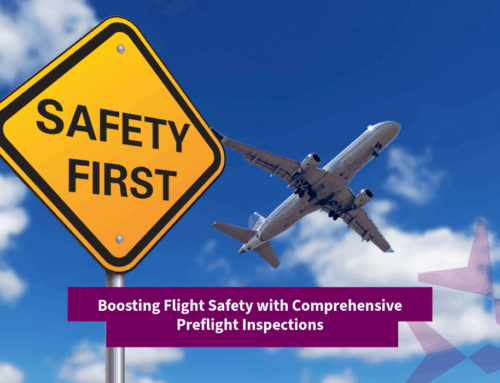Challenges in Overflight Permitting and How to Overcome Them
Navigating the skies has always been a complex task, and securing overflight permits adds an additional layer of intricacy to international aviation operations. These permits are essential for ensuring safe and compliant flights across various national airspaces. However, obtaining them can present significant challenges. Understanding these hurdles and learning how to overcome them is crucial for aviation professionals, particularly in today’s rapidly evolving global landscape.
The Complexity of Overflight Permitting
Overflight permits are required whenever an aircraft crosses the airspace of a country other than its departure or destination. While the process may appear straightforward, it is far from it. Each country has its own regulations, timelines, and requirements. Here are some key challenges commonly faced:
- Varied Requirements Across Jurisdictions
Countries often have differing application procedures and documentation requirements. For instance, some may demand detailed flight itineraries, insurance documentation, or proof of diplomatic clearance. Navigating these diverse expectations can be time-consuming and prone to error. - Stringent Timelines
Many countries require applications to be submitted well in advance—sometimes weeks or even months prior to the planned flight. In emergencies or last-minute operations, securing these permits within the required timeframe becomes particularly challenging. - Geopolitical Considerations
Overflight permissions can be affected by international relations. Diplomatic tensions or sanctions may restrict access to certain airspaces. Airlines and operators must stay updated on geopolitical developments to avoid costly reroutes or denied entry. - Cost Implications
Some countries impose high fees for overflight permits, especially for commercial or cargo operations. These costs can escalate quickly, particularly for flights passing through multiple jurisdictions. - Language and Communication Barriers
Applying for overflight permits in countries with limited English proficiency can create communication challenges. Misinterpretation of regulations or unclear communication with local aviation authorities can lead to delays or denied permits. - Changing Regulations
Aviation is a dynamic industry, and regulations can change with little notice. Keeping track of amendments to overflight requirements adds another layer of complexity to flight planning.
Strategies to Overcome Overflight Permitting Challenges
While these challenges may seem daunting, they can be effectively managed with the right approach. Here are strategies to streamline the process and ensure successful overflight permitting:
- Partner with Experienced Flight Support Providers
Collaborating with a reliable flight support company can significantly ease the burden of overflight permitting. These providers have established networks and expertise in dealing with diverse regulatory environments, saving operators time and effort. - Invest in Technology
Advanced flight planning software can help operators stay organized and track permit requirements across multiple jurisdictions. Automated tools can flag potential issues, provide real-time updates on regulatory changes, and ensure compliance. - Maintain Strong Relationships with Authorities
Building relationships with civil aviation authorities can lead to smoother permitting processes. Establishing trust and maintaining clear communication can help expedite approvals, especially in time-sensitive situations. - Plan Ahead
For non-urgent operations, applying for overflight permits well in advance minimizes the risk of delays. Early planning allows for contingency measures, such as rerouting, in case of unforeseen obstacles. - Stay Updated on Geopolitical Developments
Proactively monitoring geopolitical trends and sanctions can help operators avoid restricted airspaces. Having alternative routes planned in advance ensures flexibility in uncertain situations. - Standardize Documentation
Developing a standardized documentation checklist can reduce errors and ensure that all required materials are readily available when applying for permits. This approach simplifies compliance with varied requirements. - Utilize Multilingual Expertise
Having a multilingual team or access to translators familiar with aviation terminology can address language barriers and facilitate smoother interactions with foreign authorities.
if you need help with permitting click here






